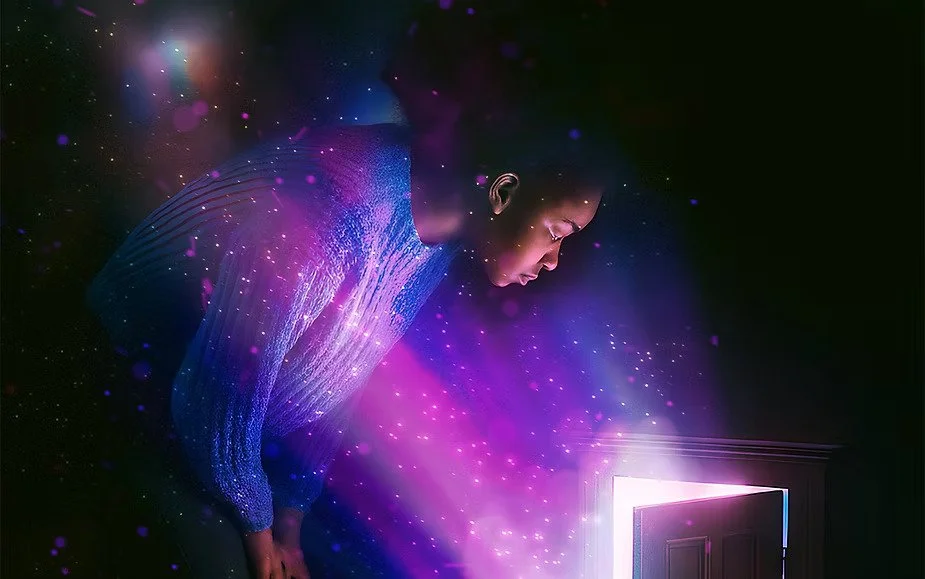The Lightest Element, Hampstead Theatre Review
The Lightest Element production image. Photo by Mark Douet
Written by Jasmine for Theatre and Tonic.
Disclaimer: Gifted tickets in return for an honest review. All opinions are our own.
Premiering at the Hampstead Theatre, Stella Feehily’s new play based on the life of astronomer Cecilia Payne-Gaposchkin sheds light on the career of one of science’s most significant, but also most overlooked figures. Here is the woman who first discovered what stars were made of, trying to navigate a patriarchal academic system where even that is not good enough to guarantee her a seat at the table.
It’s an exciting premise, and I certainly learned a lot about Payne-Gaposchkin’s incredible career through this very well researched play. Feehily’s play gives you a very clear picture of Payne Gaposchkin’s public facing character, and her determination to overcome the obstacles standing in her way. The story focuses on the public debate around Payne-Gaposchkin’s appointment as Chair of the Astronomy department at Harvard through an interview with a Harvard student, Sally. This story is told in the context of Payne-Gaposchkin remembering her career in the lead up to an acceptance speech twenty years in the future.
In the play, we see Payne-Gaposchkin being pushed down by her mentor in 1925, her interview and the fight for her to be chair in 1956, before returning only at the end to the acceptance speech in 1977. Maureen Beattie plays Payne-Gaposchkin brilliantly, giving you a real sense of both her steel and her humanity - she is a woman you would both love to and be terrified to have a drink with, who would probably deliver some home truths about your life choices.
These timelines are, however, a lot of plot to fit into one script, so at times it suffers from feeling a bit surface level; I left feeling I had a good understanding of Payne-Gaposchkin’s career without ever really getting a window into her inner life. By having so much of the action taking place off stage - her discoveries, her radical lectures, the two student journalists’ back stories - it was hard to find the same emotional height that these moments would have entailed.
Similarly, the supporting characters often had their own personal dramas brushed over in order to keep the plot moving along, which was a shame when they had such interesting back stories implied, that could have been a more felt presence in the show.
The staging was beautifully done, with a wraparound image of the stars above their heads always, which would often also incorporate text, reminding you of the wonders that Payne-Gaposchkin is seeking to understand. The use of a revolve also communicated the shifting time and space well, keeping scene transitions smooth rather than feeling clunky.
The moments where we see Payne-Gaposchkin speak about these stars, where we get to see and feel her wonder at them, are some of the most magical in the show. There are also moments of brilliance when the men talking about Payne-Gaposchkin’s promotion or putting down her ideas, still sound so familiar to us today. They justify their inaction with outdated beliefs, whether those beliefs are moral or scientific ones. This feels like a core take away of the show, and I feel like it could be pushed further, to really inspire the kind of discomfort that results in change.
Similarly, the moments where we see Payne-Gaposchkin try to push Sally, the student interviewing her, out of the character she has put on to survive, are some of the show’s more affecting moments, I just would love to see more of them.
‘The Lightest Element’ is an enlightening performance, which will give you a brief window into a world not quite so far in the past as we would like to think, and remind you why it is so important to put brilliant women’s stories on stage as inspiration for the next generation.
At Hampstead Theatre until 12 October 2024.
★ ★ ★











